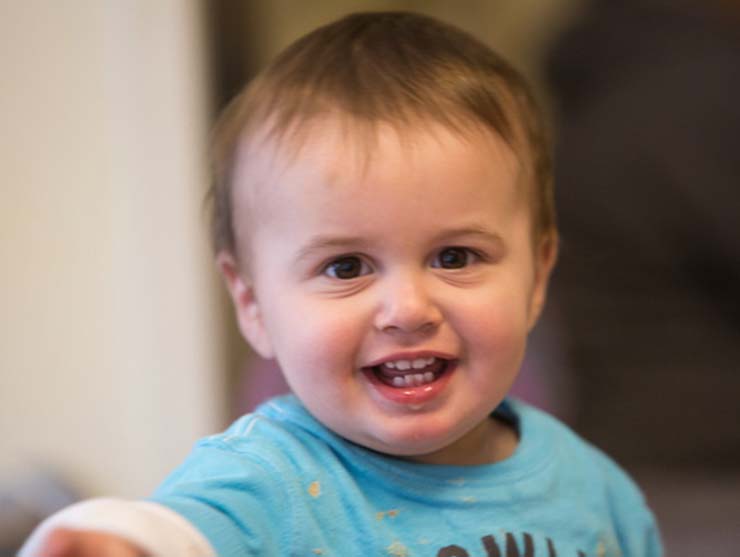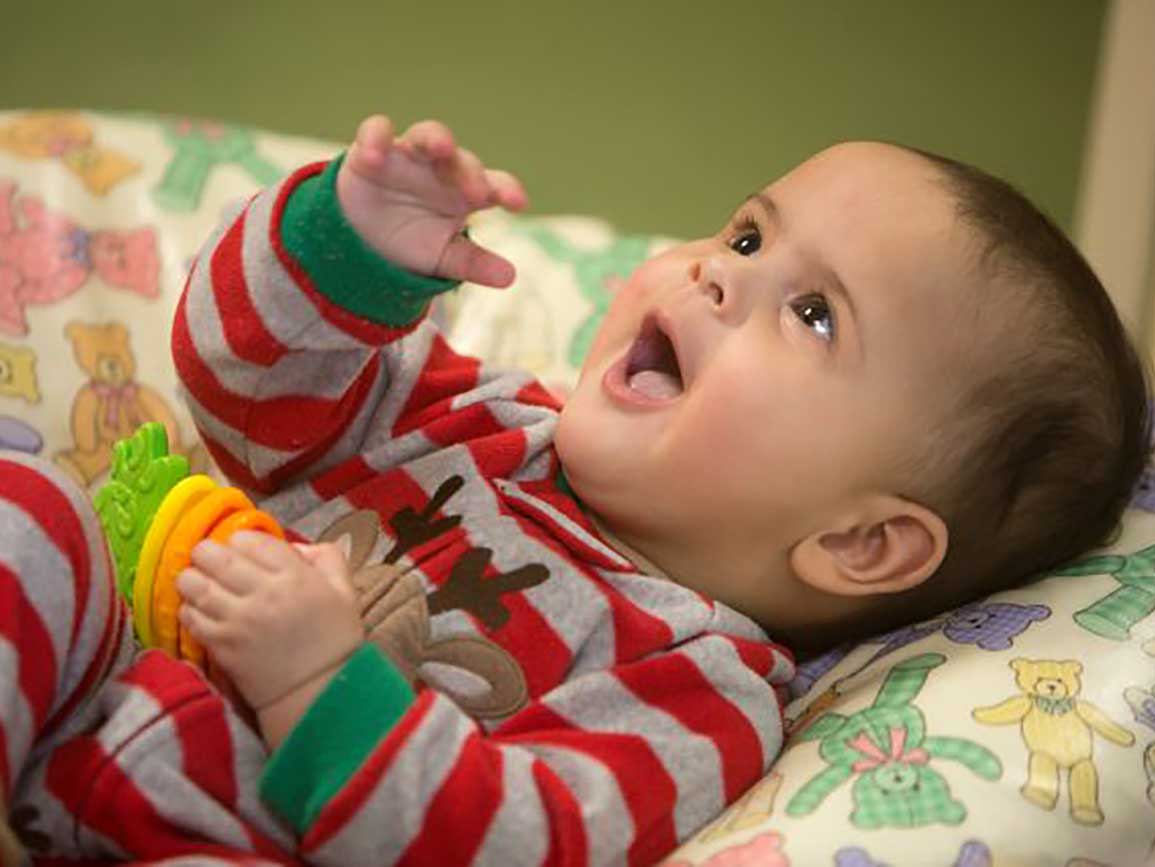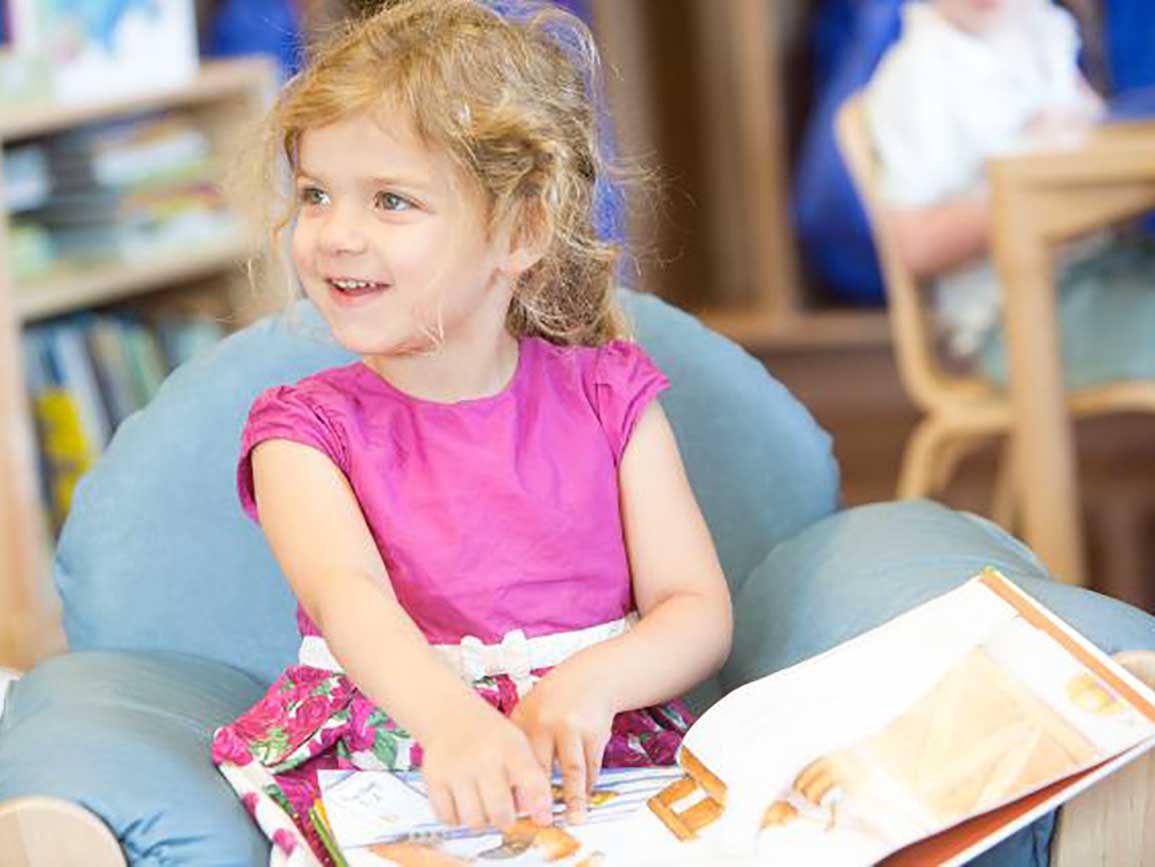Children need our calm, empathetic presence more than ever. They need accurate information offered in “just right” amounts. They need emotional connections, predictable routines, and practical strategies that can help reduce their risk of exposure to COVID-19, while increasing their resilience and sense of control.
General Guidelines
- Be aware of your own reactions and fears. Children notice our anxiety through both verbal and nonverbal cues. Model healthy self-care by continuing to exercise, get adequate sleep, connect with others, and eat a nutritious diet. Children base their responses on those of the adults in their lives. They need a calm, reassuring perspective.
- Remind children that family members, teachers, and others care for them and are there to keep them safe and healthy. Local and national community health and government leaders are also working hard to prevent the disease’s spread.
- Ask children what they already know or if they have any questions. Offer age-appropriate information based on their responses. Very young children need simple explanations, such as, “Some people have been getting sick. We are being extra careful so we can stay healthy.” Elementary-age children will likely want a few more details. Every child is different and it’s important to tailor your conversation to your child’s developmental level and needs.
- Listen to children’s fears and concerns. Offer empathy and understanding, but also help them realistically reframe their fears.
- Limit television and social media coverage. Repeated media exposure causes anxiety in children (and adults). Children don’t know a repeated news story is about the same situation vs. a new incidence. Get the facts from a credible news source and then turn the news off. Tell children that the information they get from others or the internet might not always be reliable. Ask them to come to you instead.
- Understand that behavioral changes such as irritability, sleeplessness, or changes in appetite are a child’s way of communicating anxiety. With extra comfort and reassurance, these behaviors will likely subside. Contact school staff or a mental health professional with concerns.
- Maintain your typical routines as much as possible. Rituals like bedtime stories or after dinner games or walks anchor children in normalcy. Intentionally build emotional connections through play, music, art, conversation, and time in nature.
- Take positive action to stay healthy. Teach children to wash their hands frequently with soap and water. Cough or sneeze into a tissue or the bend of your elbow. Keep their immune system strong with exercise, a healthy diet, and adequate sleep.
- Limit nonessential travel and visits to public places, such as museums, concerts, or shopping malls. Stay home if you’re sick and avoid close contact with those who are ill.
- Show compassion and empathy for those impacted by the virus. Avoid making negative or stereotypical comments about others, such as blaming a group of people.
- Keep basic food, health, and cleaning supplies on hand in your home. Make a simple contingency plan for back-up child care or work disruptions. Be aware of the needs of friends, extended family and neighbors. Simple preparations, as well as emotional connections, can alleviate anxiety.
Talking Points for Children
Children vary widely in their need for information and their ability to understand it. Tailor your conversations to fit your own child’s situation, considering the following topics:
- The risk of children becoming seriously ill is small. School and health officials are working to keep people healthy.
- Family members, friends, and school staff care about your health. Feel free to share your concerns and questions with an adult you trust.
- The coronavirus is spread through close contact with someone who has the virus, through droplets in the air (from coughing and sneezing), or through touching an infected surface.
- Symptoms of the virus are usually similar to the common cold or mild flu—fever, cough, or shortness of breath.
-
There are many things you can do to stay healthy:
- Wash your hands with soap and water before meals and after you use the bathroom, wipe your nose, play outside, or handle animals.
- Cover your mouth with a tissue or the bend of your elbow and wash hands afterward.
- Use soap or a hand sanitizer if soap is unavailable. Frequently clean toys, counters, tables, and other surfaces with a sanitizing cleaner.
- Stay home. If you do have to go out, keep some distance between yourself and others. Wash your hands and avoid touching your eyes, nose, and mouth.
- Get enough sleep, healthy food, and time outdoors.
Children’s Questions and Answers
As COVID-19 spreads, children are wondering about many things. As caring adults, we do not have all the answers but we can offer honest, age-appropriate information. Below are a few general suggestions for responding to children’s questions, followed by some answers to specific questions.
- Find out what children know or are thinking first. Correct misinformation, but don’t overload children with details if they just want a simple answer.
- Express appreciation that a child is asking the question. “Thanks for coming to me. I always want to know what you’re wondering about.
- Offer honest answers, which might be, “I don’t know, but I’ll let you know when I do.”Remember that children have limited life experience and perspective.
- Their questions are usually about themselves and their immediate community and family. “Will I be okay? Will you be okay? What will happen to us?”
Question: What is the coronavirus?
Answer: The coronavirus (or COVID-19) is a newly discovered virus that is making people in many parts of the world sick. Corona is Latin for “crown.” The virus when seen under a microscope looks like a crown with pointy blobs.
Question: What are the symptoms?
Answer: Most people who get the coronavirus have symptoms like a cold or flu, such as fevers, coughs, body aches, or trouble breathing. Kids likely develop very mild symptoms.
Question: What about my grandparents?
Answer: Just like at other times, some people tend to get sicker than others do. Older people, especially those who already have health problems, might have more serious symptoms, but doctors and nurses are doing everything they can to give the best care possible.
Question: Can anyone get coronavirus?
Answer: Yes. Coronavirus is spread through coughs, sneezes, and close contact with someone who’s already sick. It doesn’t matter what you look like or what country you come from.
Question: What will happen if I get sick?
Answer: Children who get the coronavirus usually feel like they have a cold or mild case of the flu. You might have a cough or body aches. You will probably want to rest more and you might need medicines like cough drops or pain reliever. Doctors might give you an exam to see if you have the virus. We won’t see friends or go anywhere. We will take care of you just as we would if you had a cold.
Question: What will happen if you get sick? Can you still work? Will you take care of me?
Answer: If I get sick, I might need to stay in bed for a few days and I probably will not feel very good. I might need to go to the doctor to be tested or for care if I am really sick. Other family members will help take care of you. Depending on how I feel, I will work at home, but mostly, I’ll just be resting to get better as quickly as possible.
Question: What will happen if school closes? Who will take care of me? What will it be like to be home?
Answer: If school closes, we will be home together (or another caregiver will care for you). We will do online school based on what our school decides is best. We will probably have times when we enjoy reading, playing, and spending time together. We might also have times when we feel grumpy or bored. We might need time to ourselves. Whatever we do, we will be together and it will be okay.
Question: Why are the shelves in the stores empty? Why are people so upset? Will we have enough food?
Answer: People know that if they become sick, they might not be able to go to the store for a while. Officials have recommended that we keep enough food in the house to last for a few weeks, but some people are buying a lot of food because they feel scared. Question: Will you lose your job? Answer: Many businesses are closed right now and some people might lose their jobs. I don’t think I will lose mine, but I’m not sure (or whatever is the most accurate response). We are being very careful with our money and we are thinking about what we can do if I do lose my job.
Question: I heard that some people caused the virus. Is that true?
Answer: Viruses, like the virus that causes the flu, are part of life on earth. Some cause more serious illness than others do, but the coronavirus is nobody’s fault. Many people in the world are going through a hard time right now. We can feel empathy and compassion for them instead of blaming them. Blaming people does not do any good and it can make us feel more scared and upset. Instead, we will take good care of ourselves and help other people as much as we can. We will treat others with kindness and respect.
Question: What if I have questions or feel afraid?
Answer: It’s always, always okay to talk with a grownup you trust if you have questions.
Conclusion
We don’t know where or to what extent the virus might spread, but we can offer comfort and reassurance to children as we take care of ourselves, offer factual information based on the child’s needs, build emotional connections and routines, and encourage positive preventative measures.
Additional Resources
Coping With Stress During Infectious Disease Outbreaks, https://store.samhsa.gov/product/Coping-with-Stress-During-Infectious-Disease-Outbreaks/sma14-4885
Just For Kids: A Comic Exploring the New Coronavirus, https://www.npr.org/sections/goatsandsoda/2020/02/28/809580453/just-for-kids-a-comic-exploring-the-new-coronavirus
Talking With Children: Tips for Caregivers, Parents, and Teachers During Infectious Disease Outbreaks, https://store.samhsa.gov/product/Talking-With-Children-Tips-for-Caregivers-Parents-and-Teachers-During-Infectious-Disease-Outbreaks/SMA14-4886





